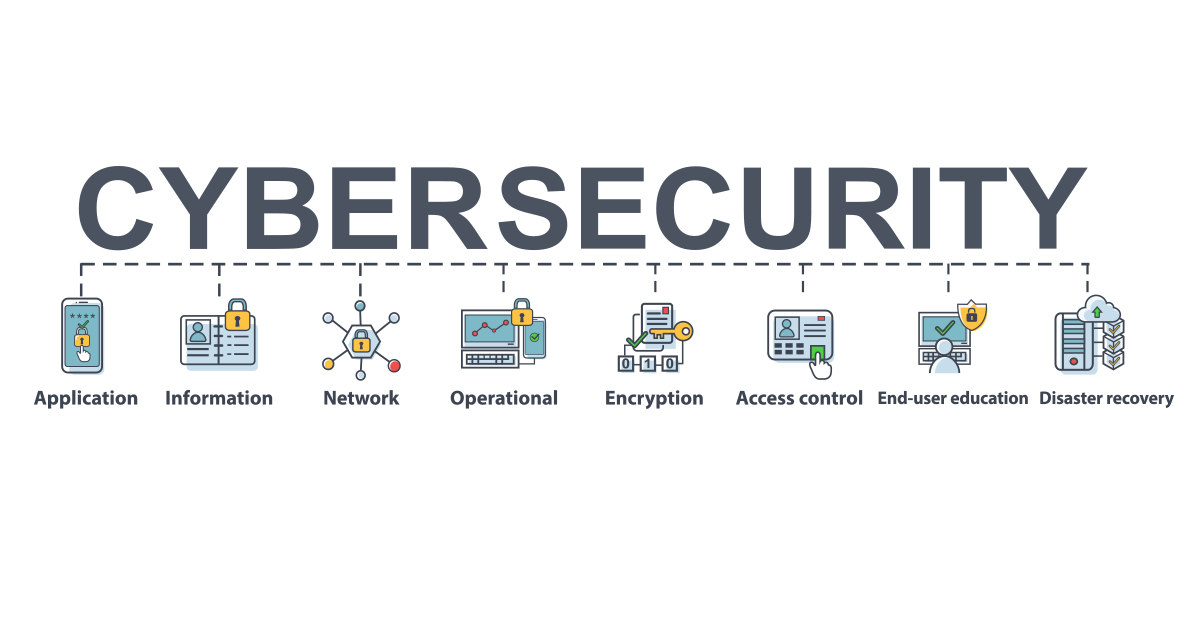5 Simple Statements About cybersecurity bootcamp Explained

1. Data breaches: Fintech companies deal with sensitive economic details, making them a prime target for cybercriminals. A solitary data breach can compromise numerous customers' personal and financial information, bring about extreme repercussions.
2. Repayment fraud: Defrauders make use of advanced methods to adjust payment systems, creating economic losses for both consumers and businesses. Protecting against settlement scams requires innovative safety and security measures and consistent tracking.
3. Compliance: Fintech firms need to comply with different financial regulations, such as GDPR, PCI-DSS, and AML/KYC. Ensuring conformity can be a complex and taxing process, yet failing to do so can result in substantial fines and reputational damages.
4. Inadequate security actions: Fintech companies frequently focus on speed and technology over safety and security, bring about insufficient defense against cyber hazards. This can subject individuals' information and monetary details to significant threats.
Fintech software advancement must attend to these cybersecurity tests to safeguard customers' interests and preserve public trust fund. }
The economic technology industry is undertaking a substantial makeover, introducing novel approaches to taking care of funds. Nevertheless, the quick advancement produces fresh barriers, especially in the realm of cybersecurity. These difficulties present worries concerning the dependability and safety and security of monetary systems and may threaten your online reputation as a trustworthy fintech service provider. Learn more at
In this article, we're checking out the 4 cybersecurity dangers dealt with by the fintech sector and recommend methods on exactly how to alleviate them.
"Cybersecurity Threats Evolve"
A malware strike describes any type of harmful software intended to damage a individual's computer or server. These harmful programs are created and dispersed by cybercriminals for numerous intentions, with the common objective of swiping personal, financial, or business information.
Ransomware, a type of malicious software program, continues to be one of the most report from Statista exposed that in 2023, 72% of businesses experienced a ransomware strike. Wondering exactly how to remain risk-free? Here are cybersecurity courses a couple of recommended defense approaches.
Make sure to consistently update your computer system and software application, make use of a respectable anti-virus program, and prevent clicking links from unknown resources.
On the one hand, the fast fostering of emerging innovations such as blockchain, expert system (AI), and IoT ( Web of Points) opens new perspectives to fintech. On the other hand, it brings new safety problems to the table. For example, AI-powered systems can be made use of to detect susceptabilities in networks and systems. IoT strikes target Net of Things systems-- items installed with software that enables them to accumulate and keep information. While the threat of IoT attacks can be lessened by picking protected gadgets, AI-powered strikes require a more complicated strategy:
Implement a multi-faceted security approach;
Offer regular training for employees on security best techniques;
Make use of innovative AI-powered safety options to improve defense against expert dangers.
An expert risk is the one coming from within a fintech (payment systems, neobanks, and so on) company. As usual, the "sources" of risk are staff members or professionals who have authorized accessibility to delicate data or systems. Insider hazards can be found in two forms-- willful-- when the delicate data is stolen and marketed intentionally and unintentionally-- accidental direct exposure of personal information that creates damage to an organization. Several of the very best strategies to minimize insider threats consist of the following:
Carrying out a testimonial of your team's gain access to civil liberties;
Developing guidelines for password safety and security;
Supplying training to your team on avoiding phishing assaults.
External Expert
Many fintech companies depend on third-party carriers for services like payment processing or data storage space. Such dependence on exterior suppliers in fintech software development can introduce several opportunities for cyberattacks. Fintech business have to perform thorough due diligence on third-party vendors they accept, consisting of history checks and security assessments, to ensure they have tight protection procedures in place.
To conclude, while the fintech market is acquiring globally fostering, hackers never ever sleep, making cybersecurity a top difficulty in fintech software application advancement.
S-PRO, a forward-thinking software program development company, prioritizes the assimilation of innovative security options in its fintech projects to guard the rate of interests of both its customers and end-users, offering them with excellent defense versus cyber assaults.